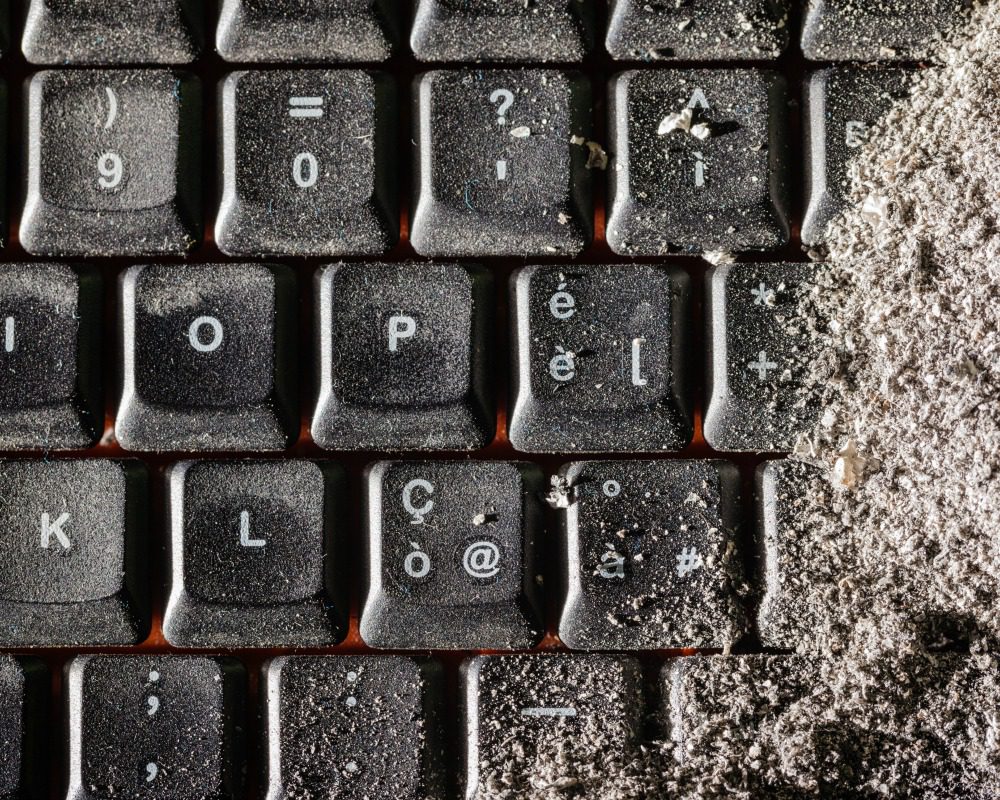 The expression that a cluttered desk — room, home, whatever — is a sign of a cluttered mind may not ring true for you, but a dirty and unstimulating office? That’s not doing you or your fellow employees’ brain health any favors, according to a study published last month in the Journal of Occupational and Environmental Medicine.
The expression that a cluttered desk — room, home, whatever — is a sign of a cluttered mind may not ring true for you, but a dirty and unstimulating office? That’s not doing you or your fellow employees’ brain health any favors, according to a study published last month in the Journal of Occupational and Environmental Medicine.
Florida State University’s Joseph Grzywacz, the study’s lead researcher, wrote that there are both seen and unseen things in the workplace that can impact on workers’ cognitive function, namely cleanliness and complexity. Grzywacz and a team of researchers examined cognitive function data for nearly 5,000 working adults ages 32-84, analyzing their workplaces and their ability to retain and apply information they learned. The researchers also examined the participants’ ability to do things like manage their time effectively, pay attention and carry tasks to completion.
The results revealed two big takeaways for learning leaders. First, “greater occupational complexity” — people learning new skills and challenges — produced stronger cognitive performance. This was especially true for women as they aged. Second, both men and women who worked in dirty environments — exposed to things like mold, lead and loud noises — experienced memory issues and cognitive decline.
You’re well aware of the value and importance of continuous learning to individuals and to the business. So keep the learning and development coming. But don’t neglect aesthetics. Making sure people have a clean and healthy environment in which to work can facilitate them becoming the innovators, problem solvers and high-performing knowledge workers that businesses need. Clean workplaces can help learning efforts stick.
Bravetta Hassell is a Chief Learning Officer associate editor. Comment below, or email editor@clomedia.com.















